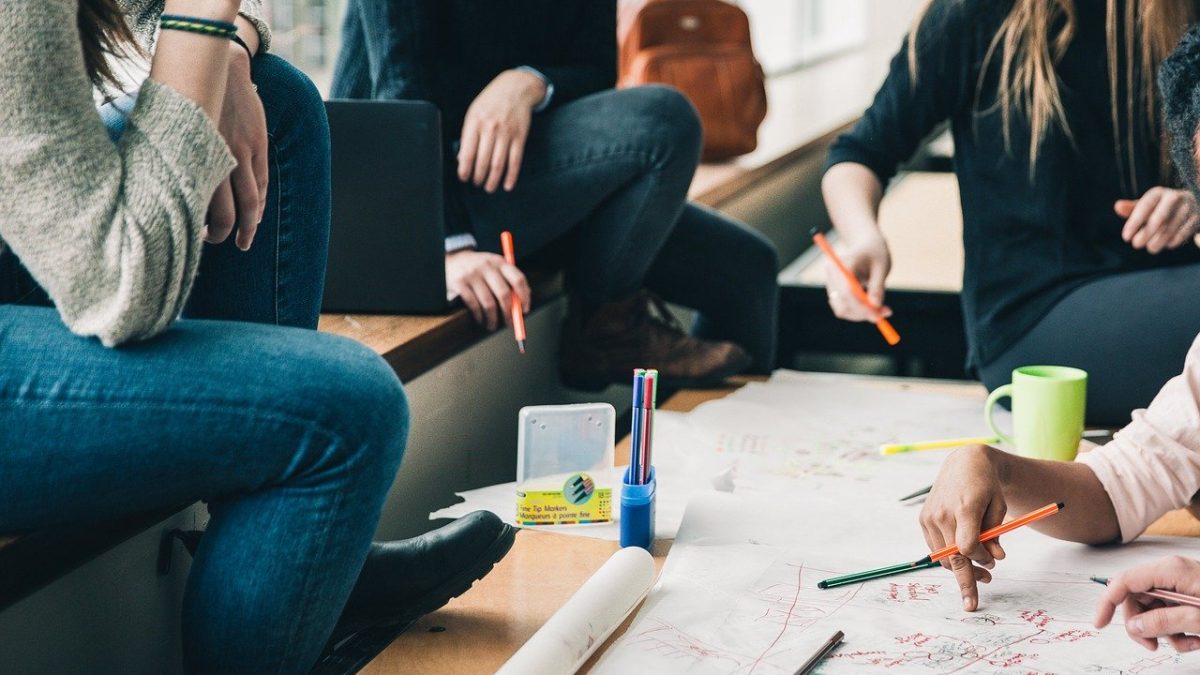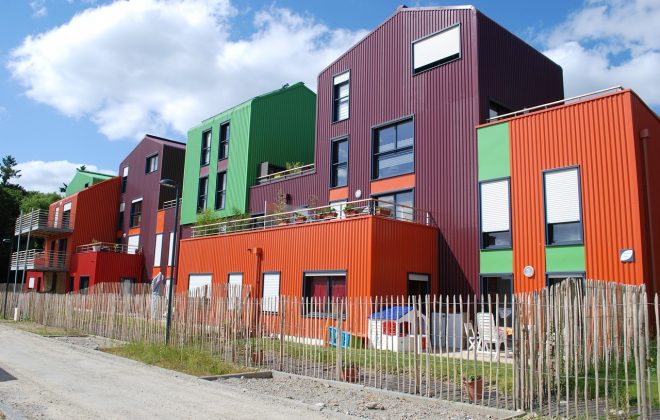Schools and education futures
As schools closed due to the pandemic, suddenly our accepted norms of traditional school centred education have changed with them.
Technology has been part of education for some time as a Chair of Governors at a high school I’ve seen the way technology has changed traditional teaching to classes adding real value to the learners experience, allowing real customisation to the individual needs as well as stretching their research skills and independent learning. Homework has been integrated into online support. But this was within the existing curriculum & classroom structure and timetable constraints of school life.
Currently we have rapidly adapted to helping support parents with guided learning support. Education providers have flipped provision to provide a range of new and repurposed material to help address this. Teachers have had to consider how they can adapt and support their students with a lack of clarity for how long and within existing models of regulation and oversight and how far to reach out to education provider content to support. Some parents have understandably felt overwhelmed with these new responsibilities while also addressing their own uncertainties in the current crisis. The reality for some also is their lack of access to technology limits their access and ability to engage effectively and take up has reported in some cases to be patchy..
The school estate will still be central to the life of school as we return, however how we will move forward is still evolving to meet the needs of providing learning while respecting social distancing and protecting staff. Our initial focus will be on adapting to the new requirements , returning to a structure and routine and rightly on addressing the inevitable results of the enforced closure and minimising any potential longer term impact
But as part of this return, there is real potential to extend our flirtation with a blended education approach, through a more planned and further integrated adoption of education technology. However, this needs a long term plan developed across the learning sector, with clearly articulated outcomes. Lessons can be virtual, learners can interact with a wider range of learning materials and develop better personal development skills. The experience for learners can be enhanced and a greater partnership between stakeholders (parents, learners, teachers and edu tech providers) established to build a new model for learning.
But we still need to ensure that wider personal skills are central to our young people’s development, so social interaction, communication and life skills must continue to be a priority, our schools call this a character curriculum to equip them for their future. Further we need to ensure those who cannot access digital resources (due to physical or technological constraints) are not disadvantaged.
As in many areas of life, school life will inevitably change, we need to place our young people at the centre of this and ensure we build models of learning that meet our education and social needs for the future.
Related Posts
Categories
- News (16)




